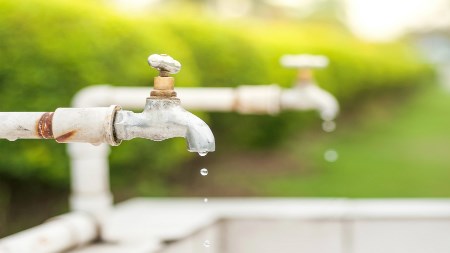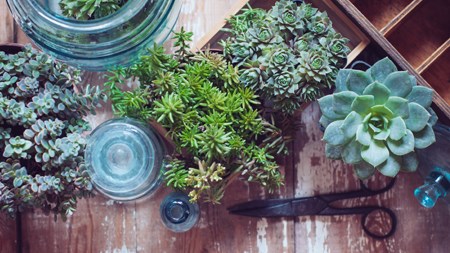It’s a bit of a no-brainer, really: creating and maintaining a garden will improve the value of your home every time. But with thousands of plants to choose from – which ones are best for you?
Two words: indigenous and endemic. Especially if you’re serious about the amount of water you’ll need to keep your plants looking their best.
Indigenous plants are plants that grow naturally in South Africa – but may occur in various parts of the country, and may also be found in other countries, too. (Plants aren’t particularly interested in humankind’s political boundaries.) Endemics, on the other hand, occur naturally only in limited geographic areas.
While indigenous is good, endemic is great.
And South Africa is the supreme champion when it comes to endemics. We have fynbos.
Kingdoms
According to the botanists, the world is divided into six broad regions whose climate and geology influences the evolution of the plants that grow there: these are the known as the floristic kingdoms.
The Boreal Kingdom, for instance, includes most of the northern hemisphere – North America, Eurasia, Greenland, and the northern parts of Africa – and covers about 42% of the Earth’s land surface. The Palaeotropical Kingdom (India, southern China, Indonesia, the South Sea Islands, and almost all of sub-Saharan Africa) covers about 35% of the Earth’s land surface. But the Cape Floristic Kingdom (the coastal region of the Cape of Good Hope between Vanrhynsdorp in the west and Port Elizabeth and Grahamstown in the east) covers only about 0.4% of the Earth’s land surface.
The exclusive home of the fynbos, it’s the only kingdom that’s found within the boundaries of a single country – and it’s got the highest number of species, too: 9 000, of which (under natural conditions) 69% occur here and nowhere else on earth.
In other words: more than 6 000 species of plants from the Cape are endemic to the Cape.
“Colonising” plants
Humans have this habit of collecting plants from one place and forcing them to grow in another and – more often than not – of hybridising them, too, to produce ever more exotic offspring. Many of the species that European gardeners love (geraniums, for example) came originally from the Cape. But Europe and the southern tip of Africa have vastly different climates – and to grow plants from one successfully in the other, you often have to create artificial environments for them.
If you grow plants from the Cape in the Cape, though – or from the Highveld in the Highveld – well, you can see where this is going: plant species that occur naturally in your area are going to need only the amount of rain that falls naturally in your area.
Water wisdom
No additional irrigation required.
And in a country where water’s at a premium, that makes sense. Both in terms of the environment, and in terms of the cost of maintaining your home.
For general advice about landscaping your home, please visit PrivateProperty.co.za – and there’s a great series of articles about gardening in your climatic region of South Africa on Plantzafrica.



